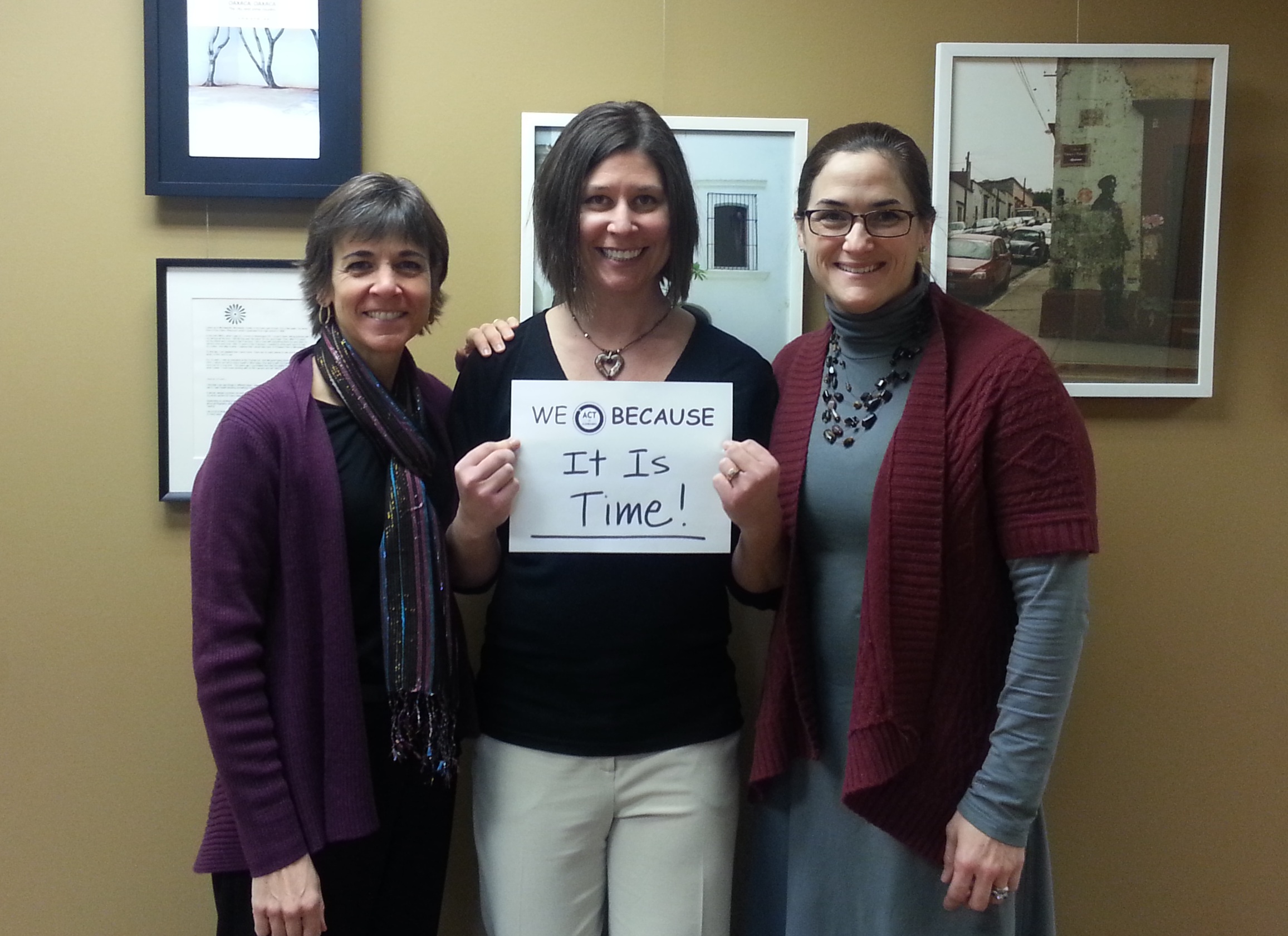AARP Eye Center
By Bev Bachel
“When the right mix of people come together, they can tackle any problem.” While that might be a platitude in some instances, when Olivia Mastry says it, people take notice. That’s because she has a

track record of bringing people together to solve some of society’s most pressing challenges, especially when it comes to health and aging.
Take dementia, for instance. Researchers estimate that one in three U.S. seniors will die with the disease, which also means that one in three seniors will live with it—for years, even decades. But as anyone familiar with dementia will tell you, living with it isn’t easy—nor is caring for someone who has been diagnosed with the disease.
Olivia, who lives in Minneapolis, learned this firsthand when she and her husband cared for her mother-in-law, who had Alzheimer’s disease. “She moved from her home to our home, then to assisted living,” says Olivia. “That experience gave me an understanding of how hard caregiving is and why it’s so important to engage our communities in providing support.”
Olivia has since put her understanding and her law degree and master’s in public health into action by guiding the development of Dementia Friendly America -- a national, multi-sector, volunteer-driven

collaboration that is working to create communities where all people can live, age and thrive. Minnesota has established the foundational model for the program, which includes increasing awareness and providing support so that individuals with dementia can live independently for as long as possible. That support comes in many forms and includes everything from walking clubs, memory cafes and therapy puppy parties to hands-on training for government workers, businesses and emergency services personnel.
Collaborative by nature
Olivia has a history of working collaboratively. In fact, it was her desire to support organizations in accomplishing collectively what they couldn’t achieve on their own that led her to launch a unique business to support this work, the Collective Action Lab.
The Lab’s first project, and the one that served as a model for Dementia Friendly America, was ACT on Alzheimer’s. Named one of five high impact nonprofits in aging earlier this year, ACT is a statewide collaboration that brings together over 60 public and private organizations and hundreds of people in creating supportive communities for those living with dementia and their caregivers.
The Lab’s other projects include LeadingAge Pathways, which seeks to reform the way our country pays for people’s long term care needs, and Silos to Circles, which seeks better ways to foster health and well-being at the community level and through a more integrated care continuum.
Regardless of the project, Olivia’s goal is the same: to equip the current generation with the mindset, skills and resources they need to get results so that they, in turn, can equip the next generation to carry the work forward. “We can no longer afford false starts, duplicate efforts or turf wars,” says Olivia. “And most of all, we can’t afford to give up before we achieve real, lasting results.”
Well-deserved recognition
It comes as no surprise to those who know Olivia that she has been widely recognized for her groundbreaking collaborative work and the results it has delivered. She was named one of 35 Women Leaders in Health Care by the Women’s Health Leadership TRUST, a professional network of executive women in healthcare. And she received the 2015 Alumni Innovator Award from the University of Minnesota’s School of Public Health, of which she is a graduate. In presenting the award, Dr. Robert Kane, director of the University’s Center on Aging, described Olivia’s work as “nothing short of sensational.”
AARP Minnesota agrees. “Olivia’s leadership, both locally and nationally, is helping to transform how we, as a society, care for people as they age,” says AARP State Director Will Phillips. “In the process, she’s improving the lives of thousands of individuals. She’s also helping to strengthen both families and communities.”
Freelance writer Bev Bachel lives in the Marcy-Holmes neighborhood of Minneapolis where she collaborates with her neighbors on everything from public art to safer streets.























































